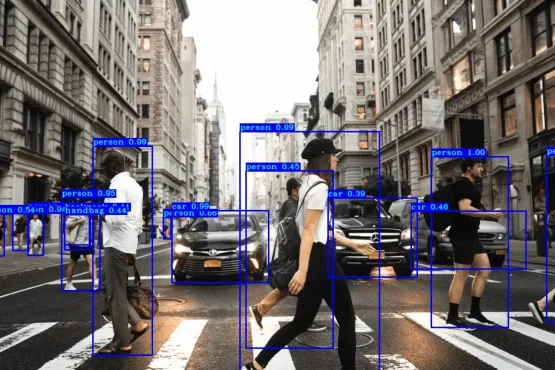User-Centric Experience
The prime role of AI in applications is to gather and process user-specific data and use it to augment the user experience. AI remembers and uses its memory to create an experience that places the user at its core. Time-Efficiency
Deploying AI in the custom application development process helps speed up the process, allowing developers to build robust devices in smaller time frames and with greater efficiency. Higher Engagement
Another key role of AI in applications is to use its algorithms to keep the users productively engaged. Businesses today are leveraging this aspect by integrating AI algorithms into a broad range of products for a more uniform, incentive-based, and well-rounded approach. Hardware Integration
Smartphones today come loaded with a range of advanced hardware technologies such as GPS, cameras, microphones, voice notes, and so on. AI facilitates the collection of data from these hardware features to make applications more personalized and relevant in their outcomes. Ultimate Personalization
Another smart way in which AI improves the application performance and outcomes is by building upon the element of personalization using users’ commands to their devices. For this, features such as a voice-based search can be embedded in the app to make the user experience more seamless. Cost Savings
Leveraging AI to automate mundane manual tasks will allow to cut down on labour costs in the long run, minimize human errors, increase productivity and unlock new revenue streams. 













